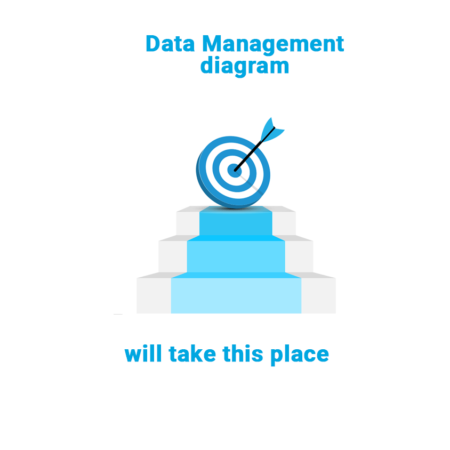Services
Data ManagData Management
What you need to know about Data Management?
Data Governance is about exercising authority and control over the management of data assets with the goal to ensure that these assets are managed properly, and according to policies and best practices. Data governance ensures data is properly managed without directly executing data management.
Data Governance focuses on how decisions are made about data and how people and processes are expected to behave in relation to data.
Components of Data Governments include strategies, policies, standards, frameworks, oversight and stewardship practices, compliance, issue management, among others.
Data Governance enables organisations to increase the value of their data assets.
A successful Data Governance program feeds on strong leadership, sustainable strategy, and shared responsibility; it is multi-layered, framework- and principle-based.
In organizations, Data Governance programs are typically implemented by a DG Steering Committee, a DG Council, a DG Office, and data stewardship teams.

iDIGMA´s extensive capabilities in
Data Management
Is this your situation?
iDIGMA’s capabilities
The ability to create and share data and information has transformed our personal and economic interactions. Dynamic market conditions and a heightened awareness of data as a competitive differentiator are causing organizations to realign data management responsibilities.

- the ability to create
- and share data and information
- has transformed our personal
- and economic interactions
- dynamic market conditions and
The ability to create and share data and information has transformed our personal and economic interactions. Dynamic market conditions and a heightened awareness of data as a competitive differentiator are causing organizations to realign data management responsibilities.

- the ability to create
- and share data and information
- has transformed our personal
- and economic interactions
- dynamic market conditions and
The ability to create and share data and information has transformed our personal and economic interactions. Dynamic market conditions and a heightened awareness of data as a competitive differentiator are causing organizations to realign data management responsibilities.

- the ability to create
- and share data and information
- has transformed our personal
- and economic interactions
- dynamic market conditions and
The ability to create and share data and information has transformed our personal and economic interactions. Dynamic market conditions and a heightened awareness of data as a competitive differentiator are causing organizations to realign data management responsibilities.

- the ability to create
- and share data and information
- has transformed our personal
- and economic interactions
- dynamic market conditions and





